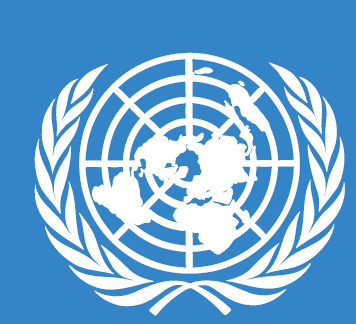Global Institutions
The United Nations
The United Nations was founded in 1945 after World War II. It is an international organization whose aims are making cooperation in international law, international security, economic development, social progress and human rights easier and so achieving the world peace. The philosophy behind its creation is to stop wars between countries, and to provide a platform for dialogue. The members of the UN consist of 193 member states, including every internationally recognized state in the world but Vatican City. The UN is headed by a Secretary-General. The organization has six principal organs:
• the General Assembly,
• the Security Council,
• the Economic and Social Council,
• the Secretariat,
• the International Court of Justice, and
• the United Nations Trusteeship Council (It is currently inactive.)
Other UN System agencies include the World Health Organization (WHO), the World Food Programme (WFP) and United Nations Children's Fund (UNICEF). The United Nations Headquarters are in New York City, with further main offices at Geneva, Nairobi, and Vienna. The organization is financed from voluntary contributions from its member states, and has six official languages: Arabic, Chinese, English, French, Russian, and Spanish.
UNICEF
UNICEF stands for United Nations International Children's Emergency Fund. It was created by the United Nations General Assembly on December 11, 1946, to provide emergency food and health care to children in countries that had been devastated by World War II. In 1954, UNICEF became a permanent part of the United Nations System. UNICEF relies on contributions from governments and private donors. Governments contribute more than half of the organization's resources; private groups and some 6 million individuals contribute the rest through the National Committees. Most of UNICEF's work is in the field, with staff in over 190 countries and territories. More than 200 country offices carry out UNICEF's mission through a program developed with host governments. Seven regional offices provide technical assistance to country offices as needed.

